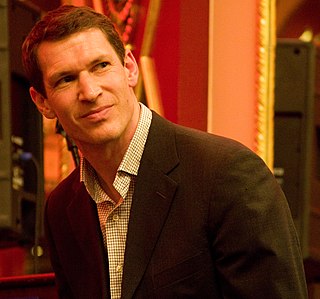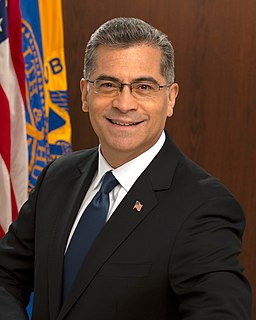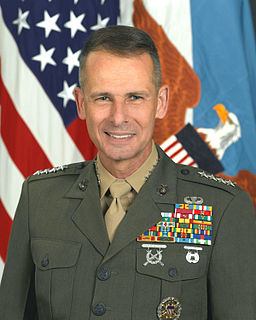A Quote by Tim Hetherington
It's an amazing thing to hear they're finally giving out a Medal of Honor to a soldier from the wars of Iraq and Afghanistan.
Quote Topics
Related Quotes
I went out to cover the wars in Iraq and Afghanistan fundamentally [in Buzzing at the Sill] because I was interested in war as a notion and in experiencing it. I was interested in history and how societies form. I was interested in the recent history of what had provoked these wars. So when I finally got out there, I was really seeing the wars through the American perspective, much more than through being embedded with American soldiers and Marines.
If we finally chose as a country to take responsibility for the wars that we believe we must engage in, and rather than borrow money to exercise that authority to go to war, we actually pay for these wars, that would save us over a trillion dollars, because that's what we have spent in Iraq and Afghanistan - all through borrowed money.
Afghanistan would have been difficult enough without Iraq. Iraq made it impossible. The argument that had we just focused on Afghanistan we'd now be okay is persuasive, but it omits the fact that we weren't supposed to get involved in nation-building in Afghanistan.In my new book, I open with a quote from Donald Rumsfeld. In October 2001, he said of Afghanistan: "It's not a quagmire." Ten years later there are 150,000 Western troops there.
Johnny Apple, a New York Times correspondent, wrote a front-page story saying Afghanistan could be a quagmire and he was mocked and derided. What is certainly true is that all sorts of resources that would have been used in Afghanistan were diverted to Iraq. Would those resources have helped? Almost undoubtedly. Whether or not Afghanistan would be a peaceful nation-state had we not gone into Iraq I doubt. Afghanistan is going to be Afghanistan, no matter how hard we try to make it something else.
In a speech earlier today President Bush said if Iraq gets rid of Saddam Hussein, he will help the Iraqi people with food, medicine, supplies, housing, education - anything that's needed. Isn't that amazing? He finally comes up with a domestic agenda - and it's for Iraq. Maybe we could bring that here if it works out.






























